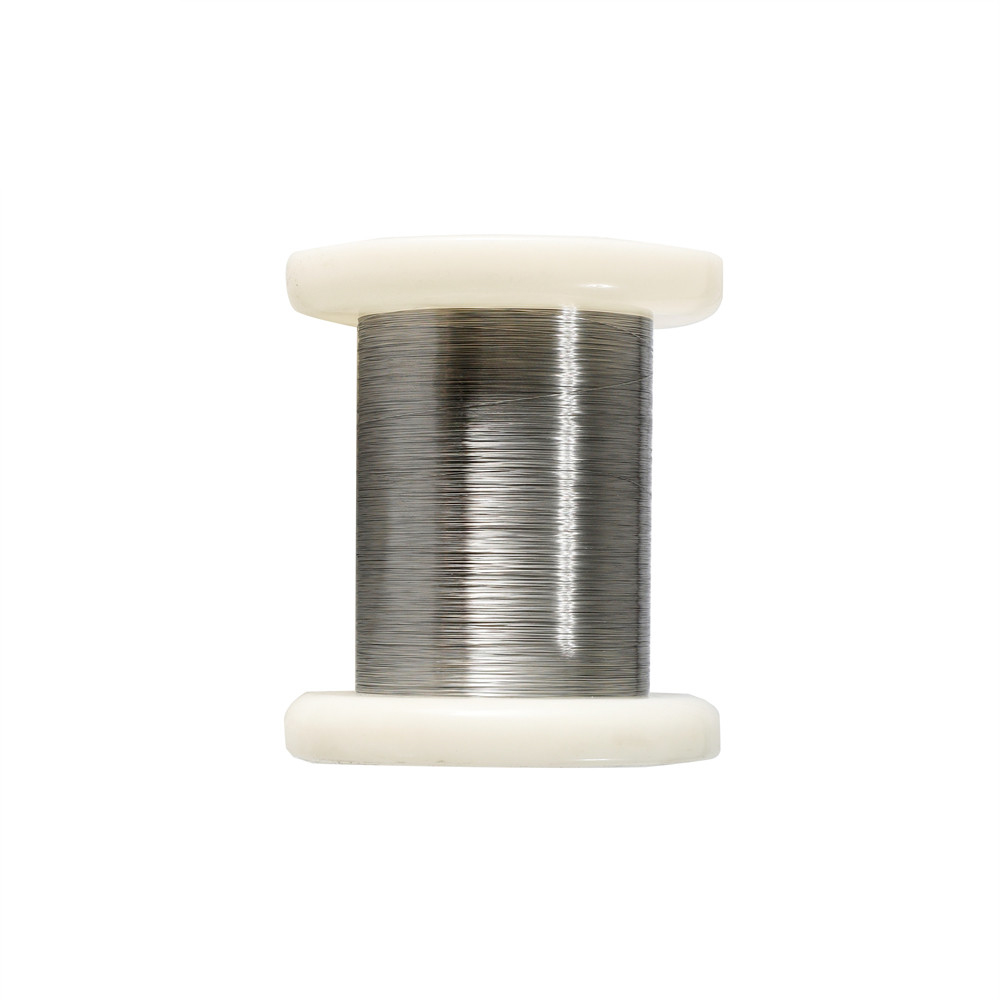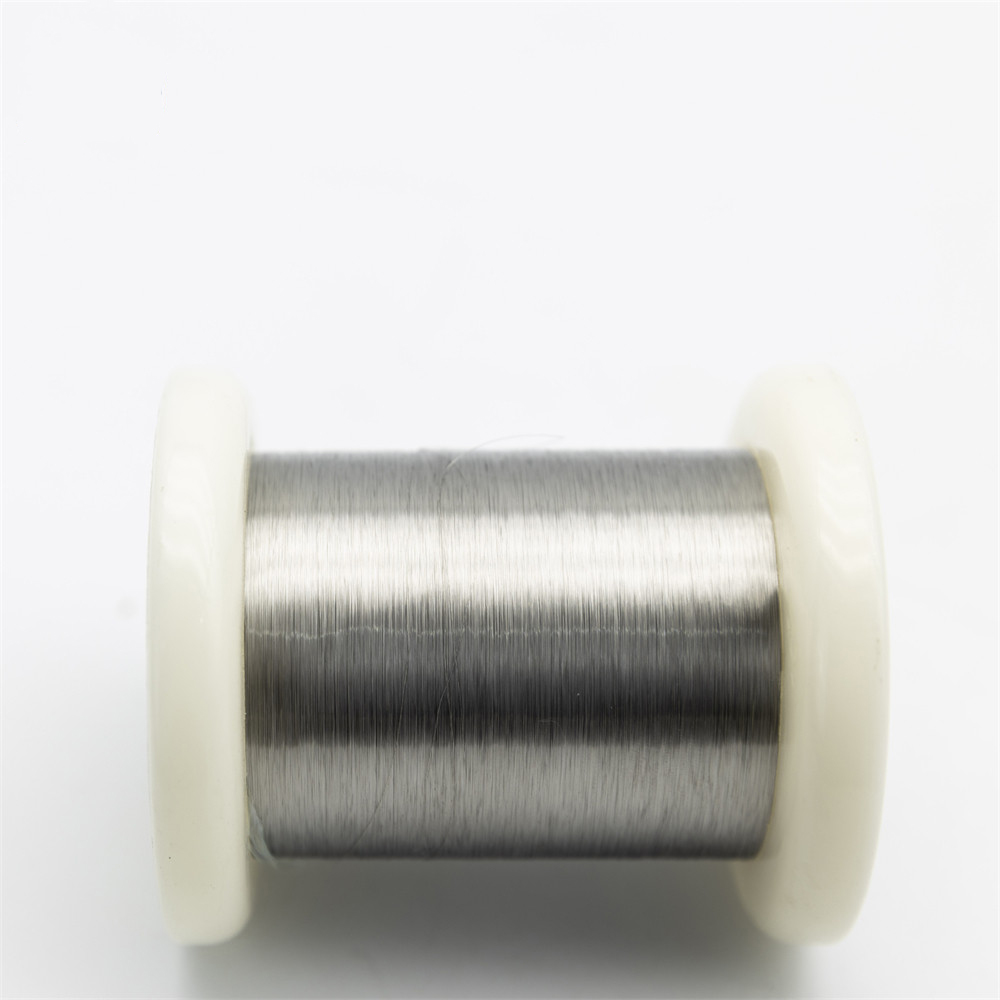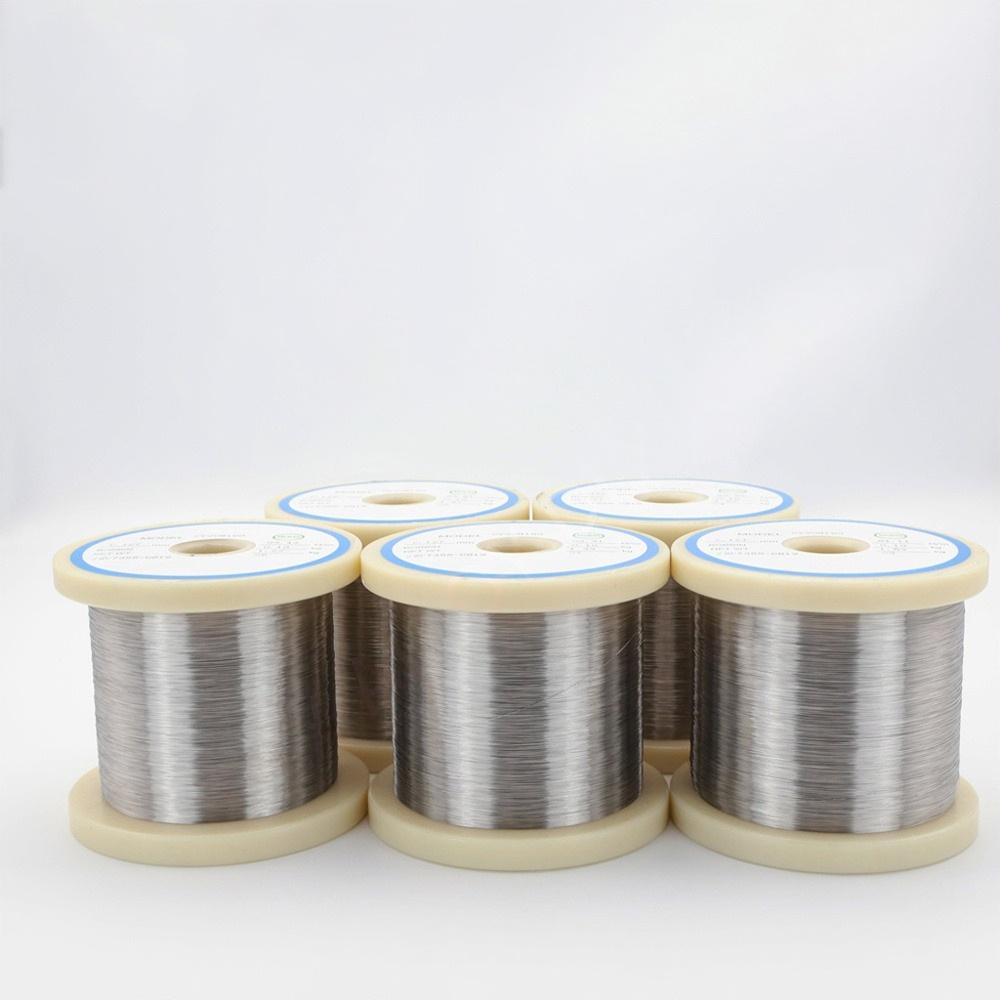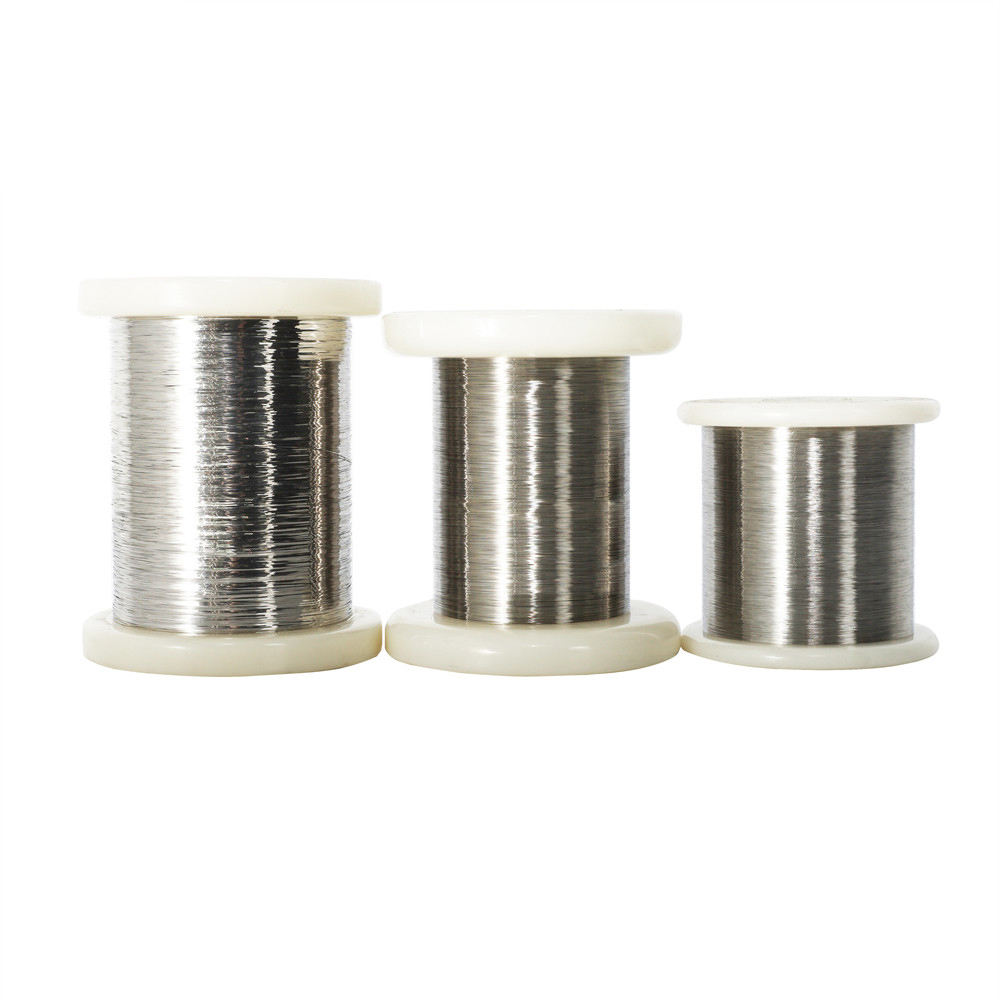 0
0
Products Description

CuNi44, also known as white copper, is a copper-nickel alloy with a nickel content of up to 44%. It is widely used in marine engineering because of its excellent corrosion resistance. This alloy exhibits excellent corrosion resistance in seawater and other saline and sulfur-containing environments, and can effectively resist pitting corrosion and stress corrosion cracking, making CuNi44 an ideal choice for manufacturing ships, offshore platforms, desalination equipment and other marine-related Ideal material for installations. In addition, CuNi44 also has good mechanical properties and processability, and can be easily manufactured into parts of various shapes and sizes to meet the specific requirements for materials in marine engineering. Therefore, CuNi44 is one of the key materials for building corrosion-resistant structures and systems in the field of marine engineering.
Specification

Properties Material | Resistivity 200c μΩ.m | Max working temperature (℃) | Tensile strength (Mpa) | Melting point (℃) | Density (g/cm3) | TCR *10-6/℃ (20-600℃) | EMF vs Cu (μV/℃) (0-100℃) |
CuNi1 | 0.03 | 200 | 210 | 1085 | 8.9 | <100 | -8 |
CuNi2 | 0.05 | 200 | 220 | 1090 | 8.9 | <120 | -12 |
CuNi6 | 0.1 | 220 | 250 | 1095 | 8.9 | <60 | -18 |
CuNi8 | 0.12 | 250 | 270 | 1097 | 8.9 | <57 | -22 |
CuNi10 | 0.15 | 250 | 290 | 1100 | 8.9 | <50 | -25 |
CuNi14 | 0.2 | 300 | 310 | 1115 | 8.9 | <30 | -28 |
CuNi19 | 0.25 | 300 | 340 | 1135 | 8.9 | <25 | -32 |
CuNi23 | 0.3 | 300 | 350 | 1150 | 8.9 | <16 | -34 |
CuNi30 | 0.35 | 350 | 400 | 1170 | 8.9 | <10 | -37 |
CuNi34 | 0.4 | 350 | 400 | 1180 | 8.9 | 0 | -39 |
CuNi44 | 0.5 | 400 | 420 | 1200 | 8.9 | <-6 | -43 |
Size Range | |
Wire | 0.08-7.5mm |
Ribbon | (0.05-0.35)*(0.5-6.0)mm |
Strip | (0.50-2.5)*(5-180)mm |
Rod | 8-50mm |
For more other size details, pls directly contact us.
Feature

Excellent corrosion resistance: In the marine environment, metal materials are easily corroded by salt spray, humid climate and chemicals in seawater. CuNi44 resistance wire has excellent corrosion resistance and can withstand these harsh conditions and maintain its stable performance. This makes it reliable for long-term use in marine equipment, whether in subsea equipment or offshore platforms.
Excellent magnetic properties and thermal conductivity: CuNi44 resistance wire has good magnetic properties and thermal conductivity, which makes it an ideal choice for manufacturing temperature sensors and thermocouples. In marine engineering, accurate temperature measurement is crucial, and CuNi44 resistance wire can provide high-precision temperature data to ensure the safe operation and performance optimization of marine equipment.
Good mechanical strength and heat resistance: CuNi44 resistance wire not only has excellent corrosion resistance and magnetic properties, but also has good mechanical strength and heat resistance. It can withstand extreme conditions such as high pressure, high temperature and humidity in the marine environment, ensuring the long-term stable operation of marine equipment. This mechanical strength and heat resistance make CuNi44 resistance wire one of the indispensable materials in marine engineering.
Application areas:

Temperature sensor manufacturing: CuNi44 resistance wire is often used to manufacture temperature sensors to monitor temperature changes in the marine environment. These temperature sensors can be installed on offshore platforms, ships, submarine pipelines and other equipment to monitor important parameters such as seawater temperature and equipment temperature in real time to ensure that equipment operates within a safe temperature range.
Thermocouple manufacturing: Because CuNi44 resistance wire has good thermal conductivity and mechanical strength, it is often used to manufacture thermocouples. A thermocouple is a commonly used temperature measurement device that measures temperature through the thermoelectric potential generated by the contact of two different materials. In marine engineering, thermocouples can be widely used to measure seawater temperature, seabed sediment temperature, etc.
Subsea pipeline monitoring: CuNi44 resistance wire can be used to manufacture embedded temperature sensors to monitor temperature changes in subsea pipelines. Submarine pipelines are important equipment for transporting marine resources (such as oil, gas, water, etc.) and operate in harsh marine environments. Therefore, temperature changes need to be monitored in a timely manner to prevent overheating or undercooling of the pipelines, thereby ensuring the safe operation of the pipelines.
Marine energy equipment: In the field of marine energy development, CuNi44 resistance wire can be used to manufacture temperature sensors and thermocouples to monitor the operating temperature of marine energy equipment (such as marine wind turbines, marine tidal current generators, etc.) to ensure that the equipment efficient operation and long-term stability.
Marine chemical production: In the production process of marine chemicals, CuNi44 resistance wire can be used to manufacture temperature sensors to monitor temperature changes during chemical reactions to ensure the stability and safety of the production process.
CuNi44 resistance wire has excellent characteristics and advantages in marine engineering, including excellent corrosion resistance, magnetic properties, thermal conductivity, mechanical strength and heat resistance. These characteristics make it one of the preferred materials for the manufacture of temperature sensors and thermocouples in marine environments, providing reliable technical support for the development of marine engineering.




E-mail: Info@hulkalloy.com
Mobile: 0086 13852926463
Tel: 0086 13852926463
Whatapps: 0086 13852926463
Add: Renli Village, Fangxian Town, Danyang City, Jiangsu Province, China